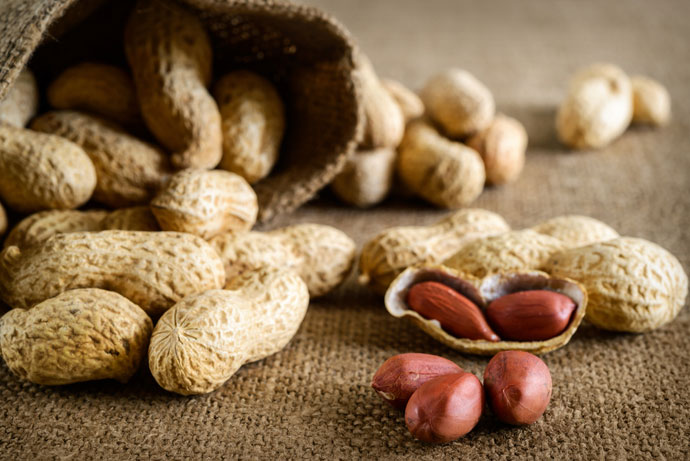Gut Bacteria Could Hold Cure For Food Allergies
Peanuts, chocolate, dairy… there are a lot of things people can be allergic to, and a lot of people are allergic to things. If it seems like the number of people with food allergies just keeps getting bigger, you’re not imagining — food allergy rates among children increased almost 50 percent between 1997 and 2011.
A new study published by the Proceedings of the National Academy of Sciences may hold the solution to this problem. A team of University of Chicago researchers, led by food allergy professor Cathryn Nagler, discovered that the presence of the Clostridia bacteria protects against food allergies in mice.
The study’s authors propose that certain “environmentally induced alterations” in our gut microbes may be responsible for the increasing frequency of food allergies. “Environmental stimuli such as antibiotic overuse, high-fat diets, caesarean birth, removal of common pathogens and even formula feeding have affected the microbiota with which we’ve co-evolved,” Nagler told Science Life.
To investigate the effects of these stimuli, the team took gnotobiotic mice (born and reared in a sterile environment, making them completely free of germs) and mice that had been treated with antibiotics as newborns, which significantly reduced their levels of natural gut bacteria; both kinds of mice were then exposed to peanut allergens. Not surprisingly, the mice had a reaction. Significant, however, was the introduction of Clostridia, a common type of gut bacteria, into the mice reversed their sensitivity to the allergens by creating what is essentially a protective barrier that prevented the allergens from reaching the bloodstream.
So does this mean that there will soon be a probiotic therapy for allergies? Quite possibly; The team is working on developing new compounds, and it has already filed a provisional patent.
The exciting implication for consumers is a way to intervene and see if we can now use modulation of the bacteria in our gut as a way to prevent or treat food allergies, Nagler told Healthline. “We could use the Clostridia to develop a novel, new treatment we can give to people with food allergies, or to protect people before they get food allergies, to elicit this barrier protective response. This is a totally new probiotic.”










































